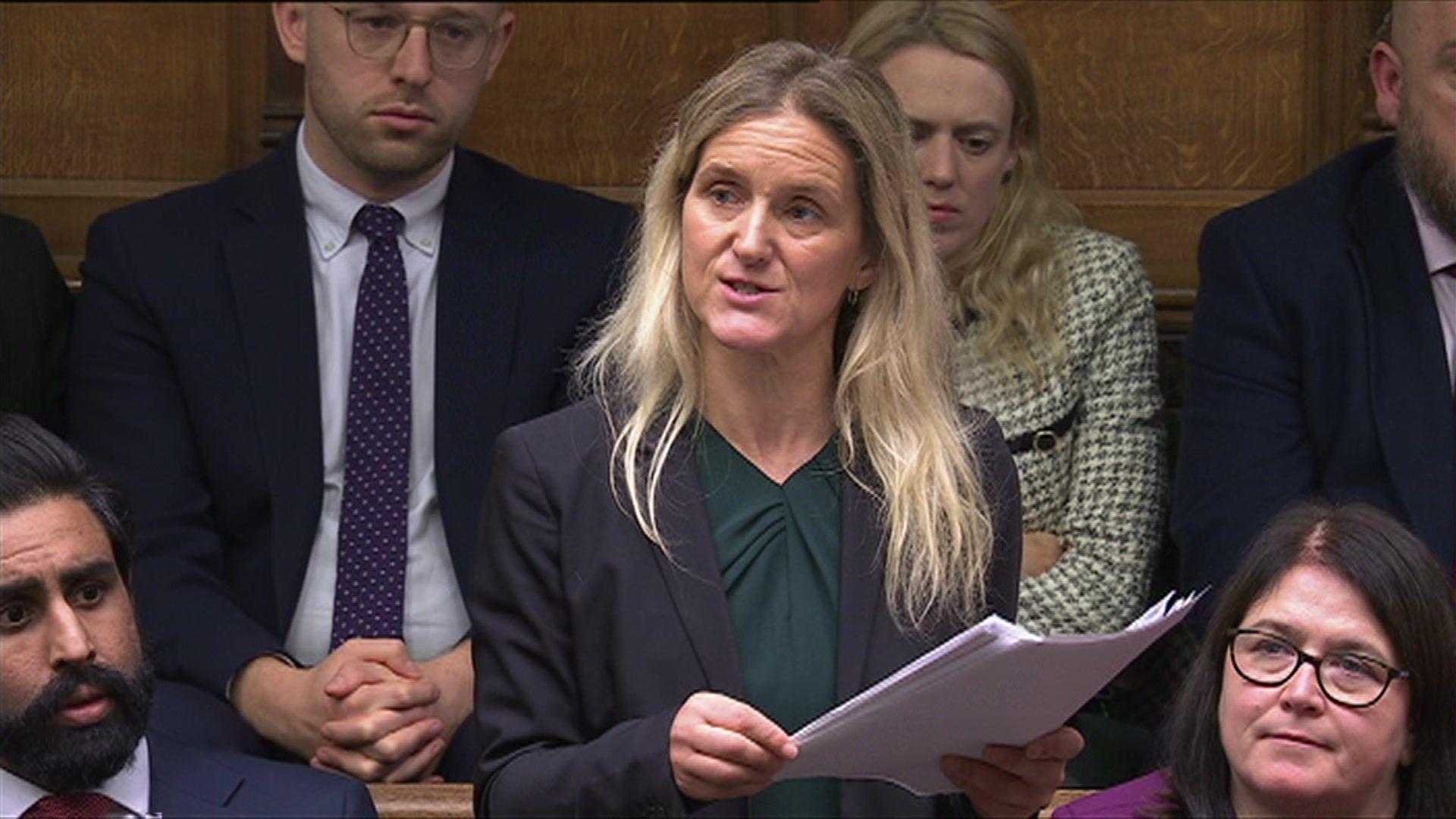The British Parliament has given initial backing to the “Terminally Ill Adults (End of Life)” bill, a proposal that seeks to legalise assisted dying for mentally competent, terminally ill adults in England and Wales. The bill, which applies to individuals diagnosed by doctors as having six months or less to live, was supported by 330 lawmakers, with 275 voting against.
If passed into law, this legislation would mark one of the most significant social reforms in Britain in decades, aligning it with countries such as Australia, Canada, and several U.S. states that allow assisted dying. However, the journey to final approval is far from over, as the bill must navigate both the House of Commons and the House of Lords, where it could face amendments or rejection.
A Thorough Process Ahead
Kim Leadbeater, the Labour lawmaker who introduced the bill, emphasised the importance of careful scrutiny during the legislative process, which could take up to six months. Speaking to the BBC after an emotional four-hour debate, she expressed optimism while acknowledging the challenges ahead.
“There’s plenty of time to get this right,” Leadbeater stated, pledging to implement the strictest safeguards in the world. Under the proposed legislation, two doctors and a High Court judge would need to confirm that a decision to seek assisted dying was made voluntarily. Any act of coercion or pressure would carry a penalty of up to 14 years in prison.
Divided Opinions
Supporters of the bill argue that it offers terminally ill individuals the ability to end their suffering with dignity and autonomy. Opponents, however, have raised concerns about the potential risks to vulnerable individuals who might feel pressured to choose assisted dying to avoid being a burden on their families or society.
Conservative lawmaker Danny Kruger, a leading critic of the bill, expressed doubts about its safety. “It is impossible to write a bill that is safe,” he told Sky News, urging further scrutiny before any final decision.
Others highlighted fears that safeguards seen in other countries with similar laws might erode over time. Foreign Minister David Lammy, who voted against the bill, said politics should prioritise extending life rather than shortening it. Meanwhile, former Prime Minister Rishi Sunak supported the proposal, citing the need to alleviate suffering.
National Debate Intensifies
The bill has ignited a widespread national conversation involving political leaders, faith groups, medical professionals, and the general public. Prime Minister Keir Starmer voted in favour, though several senior members of his Labour government opposed the measure. Polls suggest that a majority of Britons support assisted dying, reflecting the public’s evolving attitudes on end-of-life care.
The debate has also extended beyond England and Wales. Scotland is considering its own legislation to allow assisted dying, while no such proposals are on the table in Northern Ireland.
Emotional Reactions
Outside Parliament, supporters of assisted dying gathered to watch the proceedings. When the vote result was announced, many embraced, cheered, or shed tears.
“I am absolutely delighted, but obviously extremely emotional,” said Liz Reed, a 38-year-old advocate for the cause. “I hope this means that something good can come out of something really terrible.”
Leadbeater expressed gratitude for the passionate but respectful debate from both supporters and critics of the bill. “It’s very emotional for lots of people,” she said. “I’m just glad that we’ve managed to represent those voices here today and can take this to the next stage.”
As the bill advances through Parliament, the debate over dignity in death and the ethical implications of assisted dying is set to continue, shaping one of Britain’s most profound social reforms in recent history.




